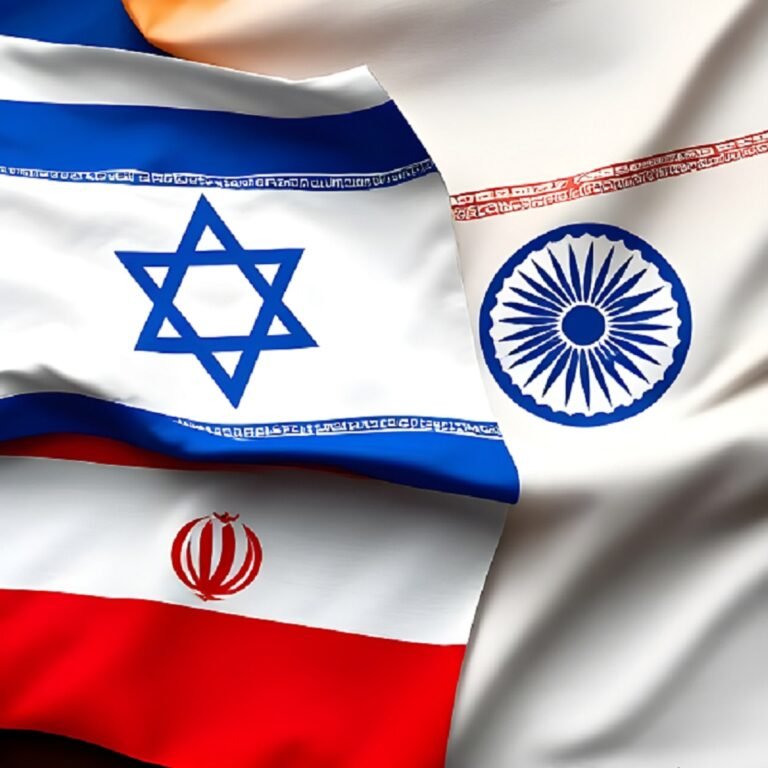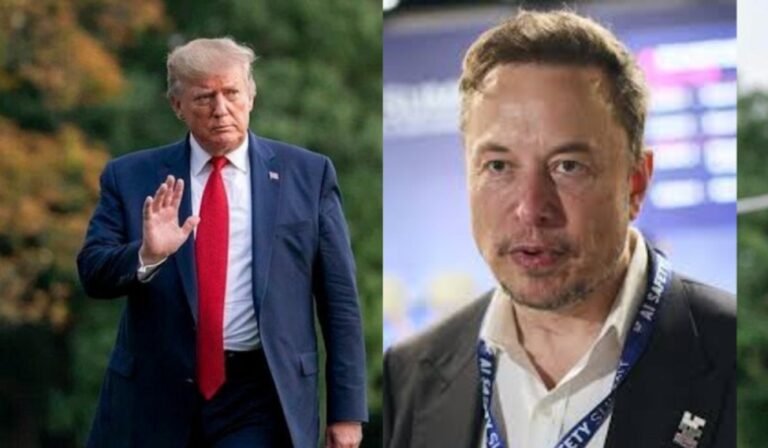Shifting global dynamics: The World’s Superpowers Ranked in 2024. In a world increasingly characterized by economic nationalism and shifting alliances, the latest analysis from Ray Dalio’s Great Powers Index 2024 reveals the current landscape of global superpowers. The ranking highlights the interplay of economic output, military strength, and trade, providing insight into how nations are navigating a complex geopolitical environment.
Top Superpowers of 2024
- United States: Total Strength: 0.89 | Per Capita Strength: 0.71 The U.S. retains its position as the foremost superpower, largely due to its unparalleled dominance in global financial markets and technological innovation. The U.S. dollar remains the world’s primary currency, involved in 85-90% of foreign currency trades and comprising 59% of global foreign exchange reserves.
- China:Total Strength: 0.80 | Per Capita Strength: 0.30 Following closely is China, which boasts the world’s largest naval fleet and a rapidly modernizing military. Its trade relations have expanded dramatically, especially with Latin America, highlighting its growing economic influence.
- Eurozone:Total Strength: 0.56 | Per Capita Strength: 0.43 The Eurozone maintains a significant economic bloc, leveraging collective trade agreements and a unified currency that enhances its global standing.
- Germany:Total Strength: 0.38 | Per Capita Strength: 0.54 As Europe’s largest economy, Germany plays a crucial role in the Eurozone’s economic stability and strength, known for its manufacturing prowess and exports.
- Japan:Total Strength: 0.33 | Per Capita Strength: 0.40 Japan remains a technological leader with a strong economy, though it faces challenges from demographic shifts and aging population concerns.
- South Korea:Total Strength: 0.32 | Per Capita Strength: 0.54 South Korea’s dynamic economy, driven by technology and exports, places it high on the list, reflecting its innovative industries and strategic partnerships.
- India:Total Strength: 0.30 | Per Capita Strength: 0.07 Ranked 7th, India is poised for rapid economic growth, fueled by significant infrastructure investments and a youthful population. However, its low per capita strength highlights challenges in income distribution and wealth inequality.
- United Kingdom:Total Strength: 0.29 | Per Capita Strength: 0.46 Despite recent economic fluctuations, the UK continues to exert considerable influence globally, particularly in finance and culture.
- France:Total Strength: 0.27 | Per Capita Strength: 0.45 France remains a key player in the Eurozone, known for its cultural, economic, and military contributions on the global stage.
- Russia:Total Strength: 0.26 | Per Capita Strength: 0.28 Despite economic sanctions and international isolation, Russia retains military strength but faces significant economic challenges.
| Country | Total Strength | Per Capita Strength |
|---|---|---|
 U.S. U.S. | 0.89 | 0.71 |
 China China | 0.80 | 0.30 |
 Eurozone Eurozone | 0.56 | 0.43 |
 Germany Germany | 0.38 | 0.54 |
 Japan Japan | 0.33 | 0.40 |
 South Korea South Korea | 0.32 | 0.54 |
 India India | 0.30 | 0.07 |
 UK UK | 0.29 | 0.46 |
 France France | 0.27 | 0.45 |
 Russia Russia | 0.26 | 0.28 |
Key Insights
The analysis underscores a shifting global power balance, driven by demographic trends and economic policies. As nations grapple with rising protectionism and changing trade dynamics, India stands out for its projected GDP growth, indicating a potential shift in economic power in the coming years.
Moreover, the data reveals disparities in per capita strength, with countries like Singapore demonstrating efficient power distribution and a strong position in finance and trade.
As we move forward, understanding these dynamics will be crucial for navigating an increasingly complex global landscape. Download the Voronoi app to explore more data-driven insights and stay informed on the world’s changing superpower dynamics.








